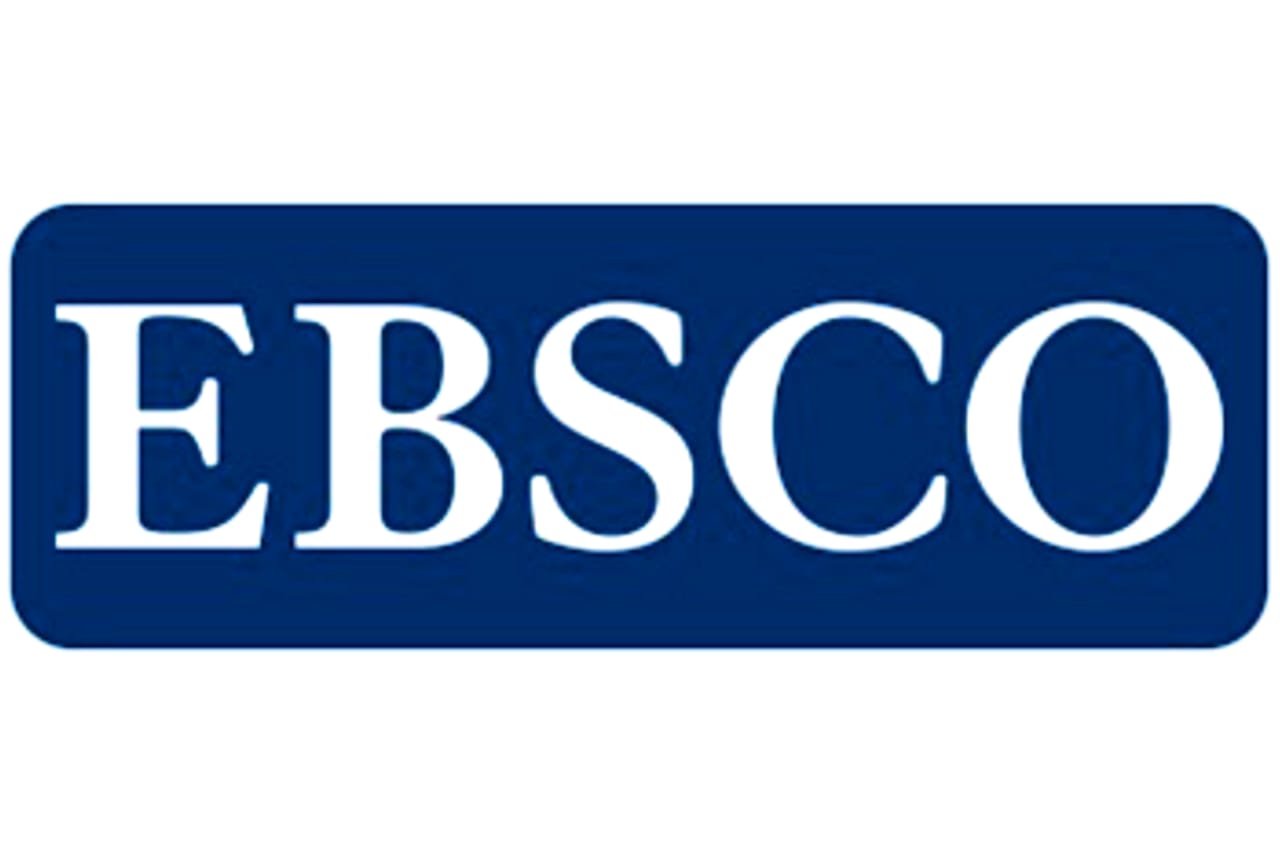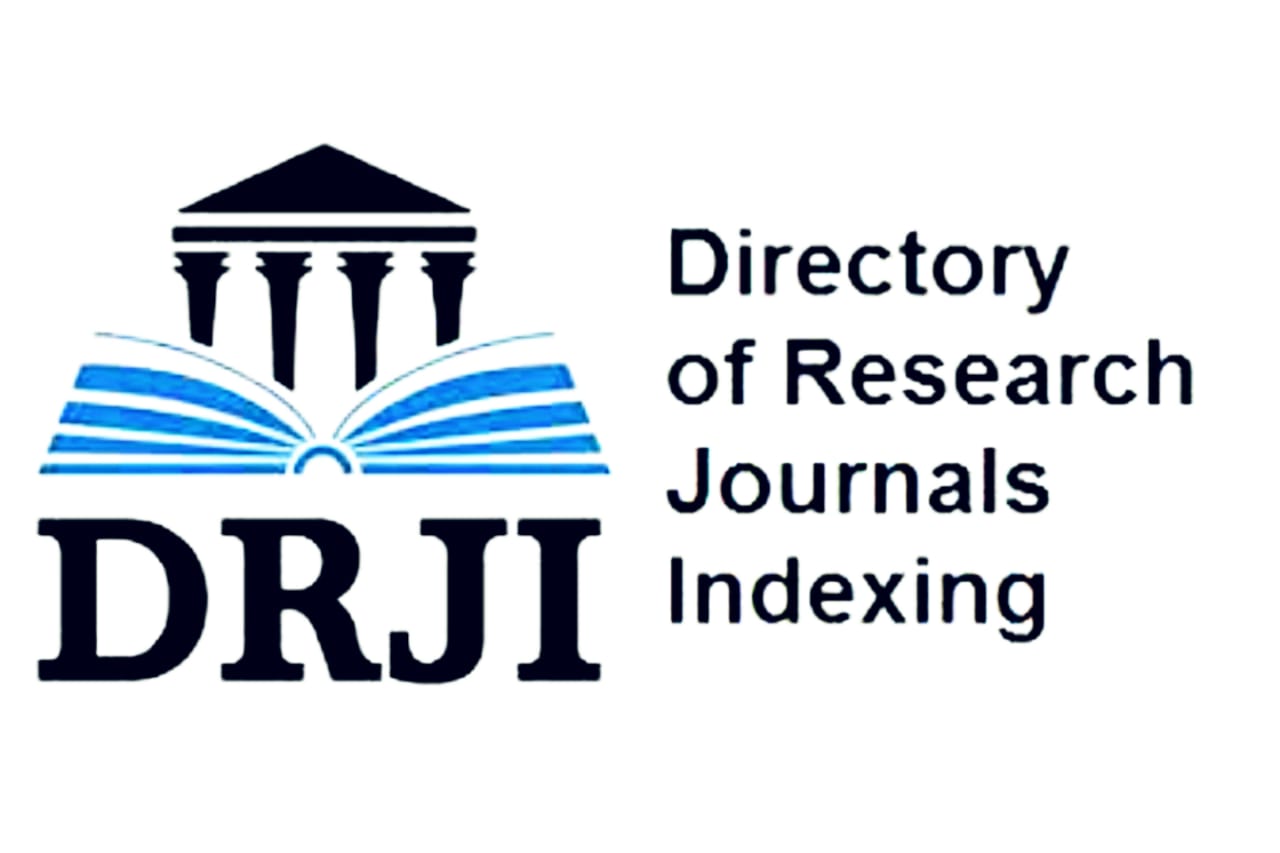Plasma methods for toxic wastes processing
DOI:
https://doi.org/10.26577/phst-2017-1-125Abstract
Pollution of the environment with production waste is one of the most acute problems in the industrialized
countries. Many of the accumulated waste have the properties of toxicity, mutagenicity, carcinogenicity, fire
hazard and can affect both the health of the population in the regions where they are stored, and lead to the
emergence of global environmental emergencies. Traditional technologies for the destruction of toxic waste in
various thermal installations are characterized by a relatively low process temperature. In the product
remaining after processing, a significant quantity of primary and secondary pollutants formed in the process of
processing may be present in concentrations above the maximum permissible levels. The development of new
methods for the processing and destruction of toxic waste is one of the most urgent scientific and technical
problems, the practical importance of which is undeniable. The use of thermal plasma for the destruction of
toxic wastes makes it possible to increase the minimum combustion / pyrolysis temperature in the reaction zone
of the reactor to 2000 K and above, thereby eliminating the course in the gas phase of the reaction with the
formation of highly toxic compounds: phosgene, dioxins, polyhalogenated biphenyls and furans. Experimental
study of thermal neutralization of some toxic chlorine and bromine industrial wastes, as well as of pesticides
with an expired term of validity was carried out in the three-jet plasma reactor. Different physical-chemical
methods were used for analysis of products of waste processing. It was shown that plasma technology provides
effective processing of toxic wastes.


















